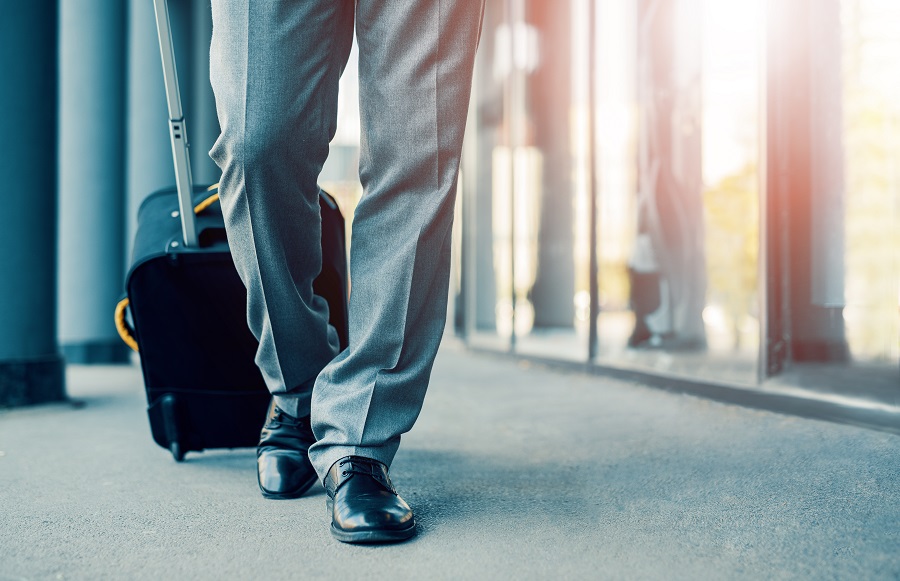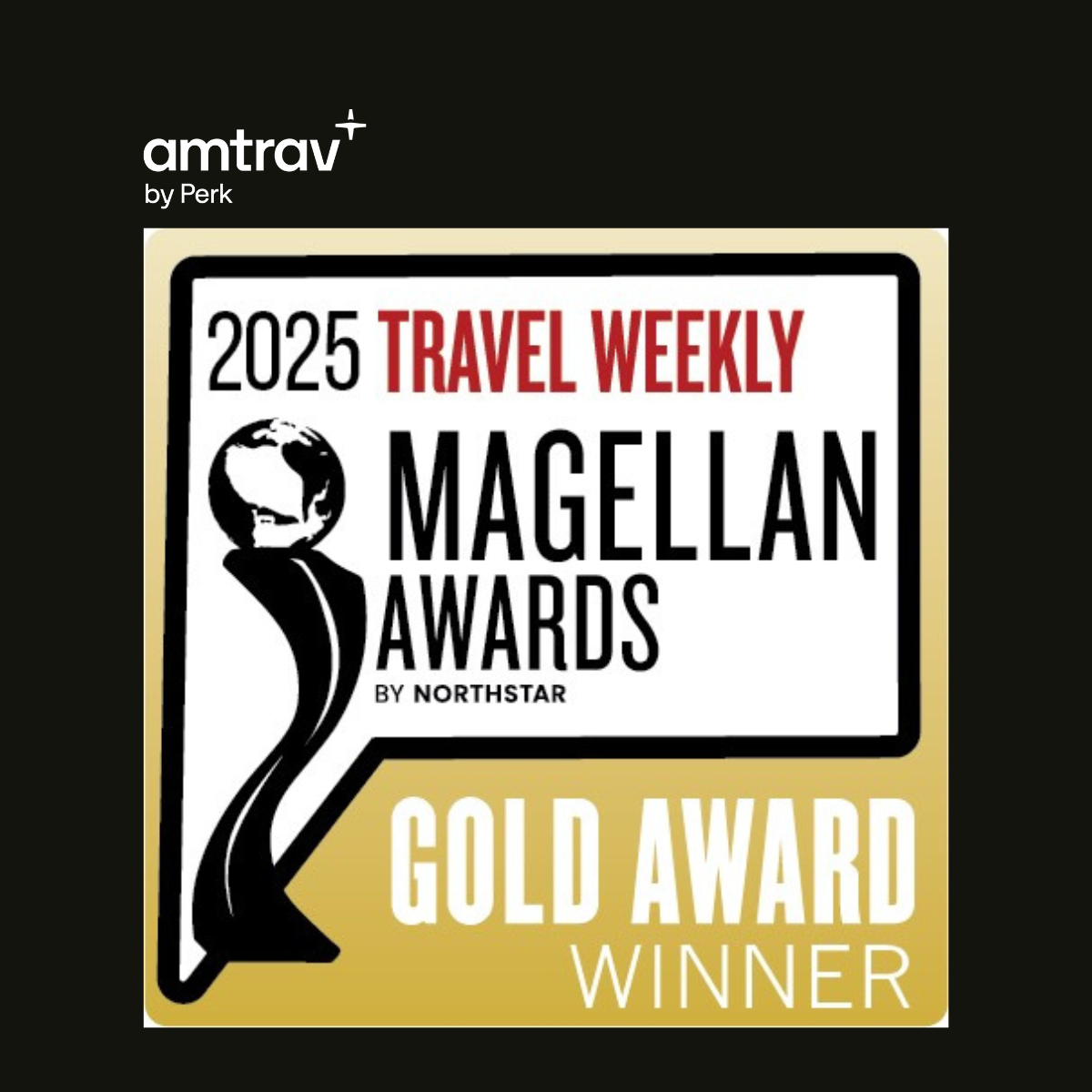There was once a time when business travel meant you booked a flight, arranged a cab (or limo) and checked in to a straight-up hotel. These days, however, “traditional” business travel means any number of things, with more options to choose from than ever before.
According to the Skift Corporate Travel Innovation Report, that’s due in part to millennials. They’re upending the notion of what business travel looks like, while opening up varied — and, in some cases, more cost-effective — options.
As noted in the new Portrait of Business Travelers from MMGY Global, younger workers are changing the notion of business travel on account of their personal travel preferences. Add that to the fact that more workers are freelancing and serving as contractors than in years past.
Rather than adhere to loyalty programs, these business travelers instead prioritize how travel impacts their personal lives. Consequently, alternative accommodations — such as Airbnb — have become viable and even favored.
As such, alternatives to Airbnb are on the rise. Positioning itself as 40% more affordable than branded serviced apartments and hotels, MetroResidences partners with private landlords and large asset management firms in Singapore to offer business travelers serviced accommodations. Its properties, like the residences on Airbnb, can be viewed virtually and booked through the company’s smartphone app.
Not surprisingly, when it comes to car rentals and taxi transportation, a similar tone is being set. Ridesharing, led by service providers like Uber and Lyft, are more popular than ever before — including among business travelers.
So what gives? Really, workplace trends as a whole are changing. The U.S. Bureau of Labor Statistics reported that 14.76 million people were self-employed during the third quarter of 2015. That’s up more than 200,000 since the third quarter of 2014. CoreNet Global, which tracks the space companies allocate to employees, notes fixed office spaces are shrinking, while virtual work environments, collaborative office layouts and rentable workspaces are on the rise.
Don’t expect that to change anytime soon. And don’t expect the preferences — or, frankly, the budgets of business travelers — to grow by leaps and bounds.
According to a recent forecast from the Global Business Travel Association‘s education and research arm, business travel was projected to grow just one percent in 2016, compared to 2015. In turn, spending was anticipated to decrease by 0.6 percent. Reasons cited include the U.S presidential election, slow global expansion, low inflation, weak investment, and global political instability.
Even if the industry is changing, it seems to bode well for less-traditional accommodations, transportation and work environments.
After all, not only are these options budget-friendly — they also feature many of the home comforts business travelers yearn for while on the road. And that’s something business travelers across generations can call a win-win.
By: Jennifer O.

Cassie Sclafani




